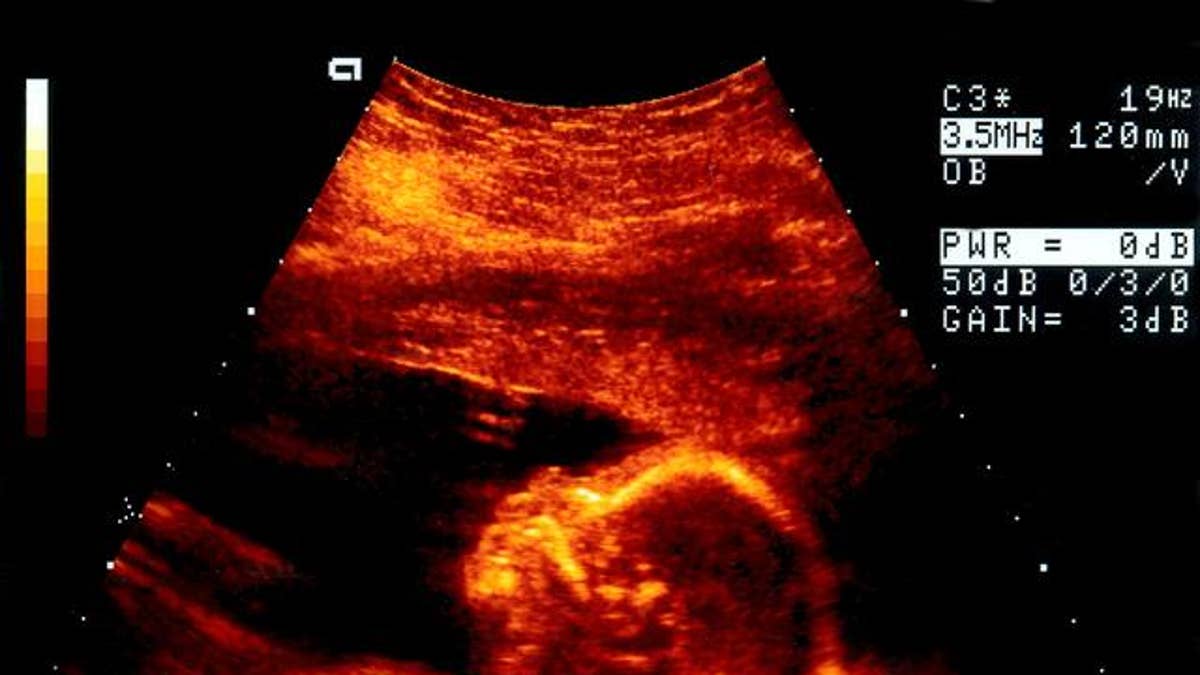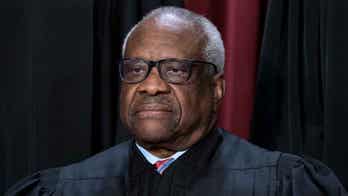
(AP)
Fresh off a win at the Mississippi Supreme Court, backers of a so-called "Personhood Amendment" are looking forward to making their case to voters.
On Nov. 8, voters across the state will decide whether or not to amend the Mississippi constitution so that in the words of the proposed amendment, "The term 'person' or 'persons' shall include every human being from the moment of fertilization."
A number of pro-choice groups, including the ACLU and Planned Parenthood, sued to keep the initiative off the November ballot. In ruling to allow it, the Mississippi Supreme Court held, "Just as this Court cannot prohibit legislators from offering proposals in the House or Senate, this Court cannot impede voters from submitting proposals through the voter initiative process." The Court did not address the content of the ballot initiative.
Opponents warn that the measure will radically interfere with women's most personal healthcare decisions. "This measure is harmful to women," Brian Atwood, legal director of the ACLU said.
Atwood characterized the proposed amendment as something that could "severely limit women's access to birth control, in vitro fertilization and life-saving medical procedures."
Keith Mason, president of Personhood USA, said those claims are simply false.
"We are planning to take these arguments head-on in Mississippi," Mason says. He also argues that many of the groups that oppose measures like the one in Mississippi stand "to profit" from abortion, and that accounts for at least part of their motivation.
Although a similar ballot measure has failed twice in Colorado, Mason is optimistic about success in Mississippi.
"Around 80 percent of the electorate is pro-life," Mason said. "The only way we could see defeat in Mississippi ... is if folks just sit at home and do nothing."
Though it was among the losing parties at the Mississippi Supreme Court, the Center for Reproductive Rights believes it will ultimately prevail. It is urging voters to defeat the Personhood Amendment and warning, "This measure should raise all kinds of alarms."
Should voters approve the measure, legal fights are guaranteed and opponents feel confident the content of the amendment will not survive legal scrutiny.
Supporters plan to forge ahead. They hope to have Personhood Amendments on at least a dozen state ballots by Election Day 2012.




